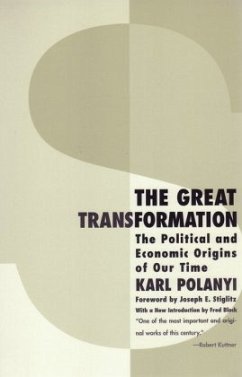
The Crisis of Parliamentary Democracy
Versandkostenfrei!
Versandfertig in 2-4 Wochen
43,99 €
inkl. MwSt.

PAYBACK Punkte
22 °P sammeln!
The Crisis of Parliamentary Democracy offers a powerful criticism of the inconsistencies of representative democracy.
Dieser Artikel kann nur an eine deutsche Lieferadresse ausgeliefert werden.












